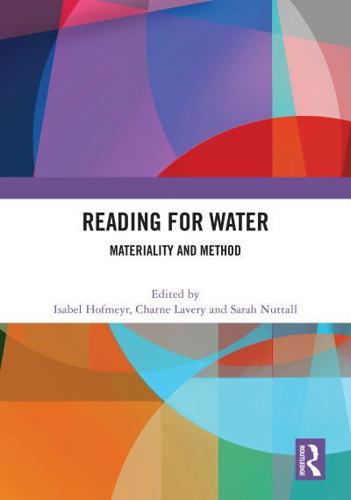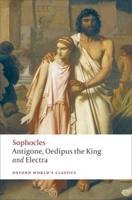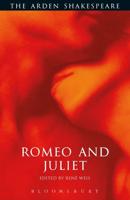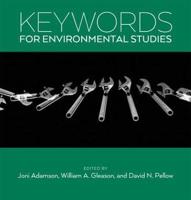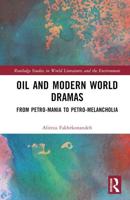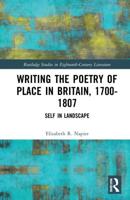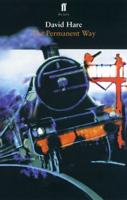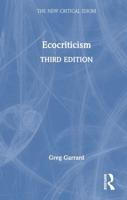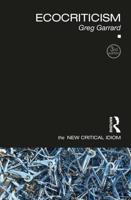Publisher's Synopsis
An experiment in reading for water, this book offers students and teachers a toolkit of methods that follow the sensory, political and agentive power of water across literary texts.
The chapters in this book follow rivers, rain, streams, tunnels and sewers; connect atmospheric, surface and ground water; describe competing hydrological traditions and hydro-epistemologies. They propose new literary regions defined less by nation and area than by coastlines, river basins, monsoons, currents and hydro-cosmologies. Whether thinking along water courses, below the water line, or through the fall of precipitation, Reading for Water moves laterally, vertically and contrapuntally between different water-worlds and hydro-imaginaries. Addressing southern African and Caribbean texts, the collection draws on a range of elementally inclined literary approaches: critical oceanic studies, new materialisms, coastal and hydrocritical approaches, hydrocolonialism, black hydropoetics and atmospheric methods.
The chapters in this book were originally published as a special issue of Interventions.


